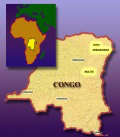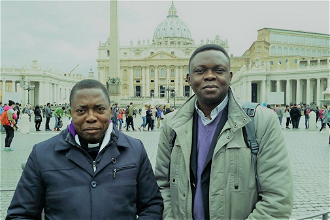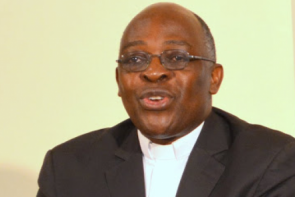Congo: mining ban hurts companies, does not stop illegal trade

The suspension of mining in some areas of east Democratic Republic of Congo is creating problems for law-abiding producers, but not halted illegal mining - the Network for Peace in the Congo, supported by missionaries, has told Fides.
On 10 September President Kabila decreed the suspension of mining and exportation of minerals in the three provinces of North Kivu, South Kivu and Maniema. This decision was taken to withhold funds from the active armed groups and thereby save the mining sector.
The organisation of leading manufacturers and foundries of the ITRI (International Tin Research Institute), announced that the project of tracing the tin from the mines in the DRC is a "critical issue", especially with the nearby deadline of 1 April, set by American law which prohibits the violent trading of minerals.
The American Dodd-Frank Act, passed in July 2010, forces US companies by authority of the Securities and Exchange Commission to present a report when using minerals from the DRC and neighbouring Countries, to show that they do not come from a conflict zone.
The ITRI has declared itself unable to continue to develop a traceability system for metals coming from the east of the DRC until extraction is prohibited and, in fact, has to suspend all its staff who worked on the project.
"The pilot project for tracking and providing verifiable information concerning the origin of the minerals, starting from the mine of origin, had begun its course, despite the many difficulties when the decision was taken to suspend. Since then, all the work has had to be suspended," the Director of Development and Regulatory Affairs for the ITRI, Ms Kay Nimmo, told Mining Weekly Online.
"It is true that the goal of the ordinance is to put an end to the illegal exploitation and illicit trade of mineral resources, to the proliferation and trafficking of weapons by mafia and armed groups and to the recurrent insecurity throughout the three provinces," it says in the report sent to Fides. "It is certainly necessary to combat fraud and the smuggled minerals in all forms. However, a number of local mining operators who work, in most cases, by permission of the State and pay the lawful taxes, do not understand why they are currently being treated in the same way as the well-known bandits and smugglers and whose connections have already been well identified by UN experts in their reports on the illegal exploitation of minerals in the Congo. The question arises then: Why haven't the predators identified by the UN been the subjects of ministerial orders?".
"While the Congolese local operators are affected by the measures of the ministerial decree, the foreign operators and multinationals may continue their activities in the mining sector undisturbed," concluded the missionaries.
Source: Fides




















